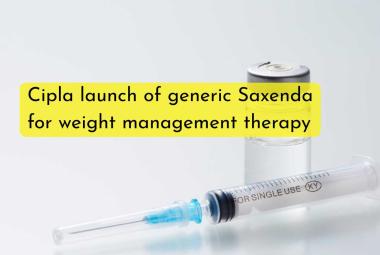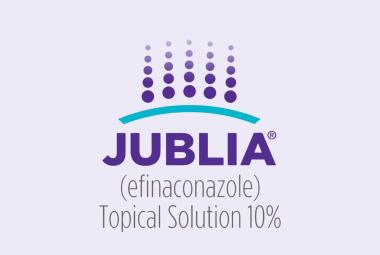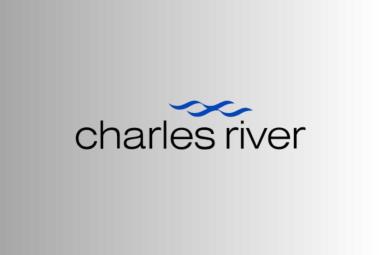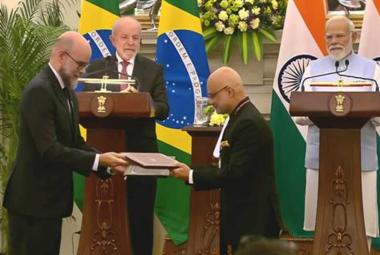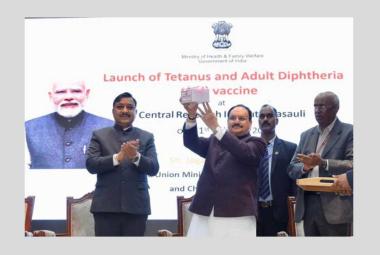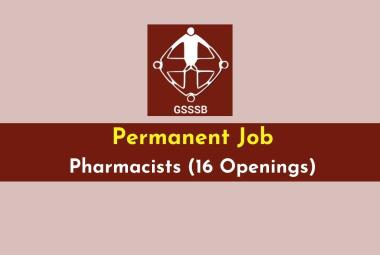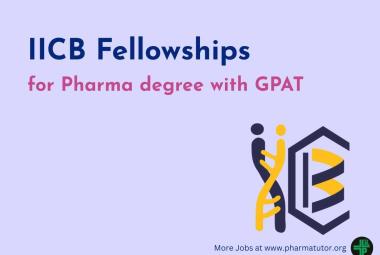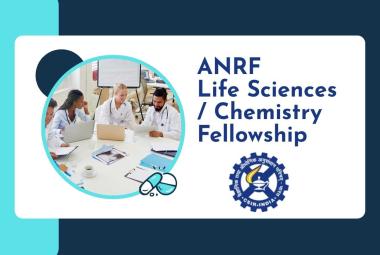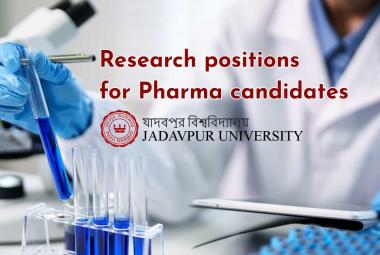The European Commission (EC) has granted orphan drug designation to Retrophin Inc's sparsentan for the treatment of focal segmental glomerulosclerosis (FSGS).
[adsense:336x280:8701650588]
Retrophin previously announced in January 2015 that sparsentan received orphan drug designation from the US Food and Drug Administration (FDA) for the treatment of FSGS. Sparsentan is the company's investigational therapeutic agent which acts as both a potent angiotensin receptor blocker, as well as a selective endothelin receptor antagonist, and is currently being evaluated in the phase 2 DUET trial in FSGS patients. FSGS is a widely recognized cause of end-stage renal disease and there are no approved pharmacologic treatments currently available in the United States or Europe.
"Obtaining orphan designation for sparsentan in the European Union is an important milestone for both Retrophin and the FSGS patient community," said Alvin Shih, M.D., executive vice president and head of research & development for Retrophin.
[adsense:468x15:2204050025]
"There is a clear unmet medical need in FSGS. As part of our ongoing commitment to developing treatment options for patients suffering from rare diseases like FSGS, we look forward to completing the DUET trial and reading out results in 2016."
Sparsentan, also known as RE-021, is an investigational therapeutic agent which acts as both a potent angiotensin receptor blocker, as well as a selective endothelin receptor antagonist, with in vitro selectivity toward endothelin receptor type A. Sparsentan is being developed as a treatment for FSGS, which is a widely recognized cause of end-stage renal disease. Retrophin is currently enrolling patients for the DUET phase 2 clinical study of sparsentan for the treatment of FSGS, which may be able to support an application for accelerated approval of sparsentan on the basis of proteinuria as a surrogate endpoint.
Orphan drug designation from the EC provides regulatory and financial incentives for companies to develop and market therapies that treat life-threatening or very serious conditions that affect no more than five in 10,000 people in the European Union (EU), and where no treatment is currently approved. In addition to a 10-year period of marketing exclusivity in the EU upon product approval, orphan drug designation provides fee waivers, protocol assistance, and marketing authorization under the centralized procedure granting approval in all EU countries.


